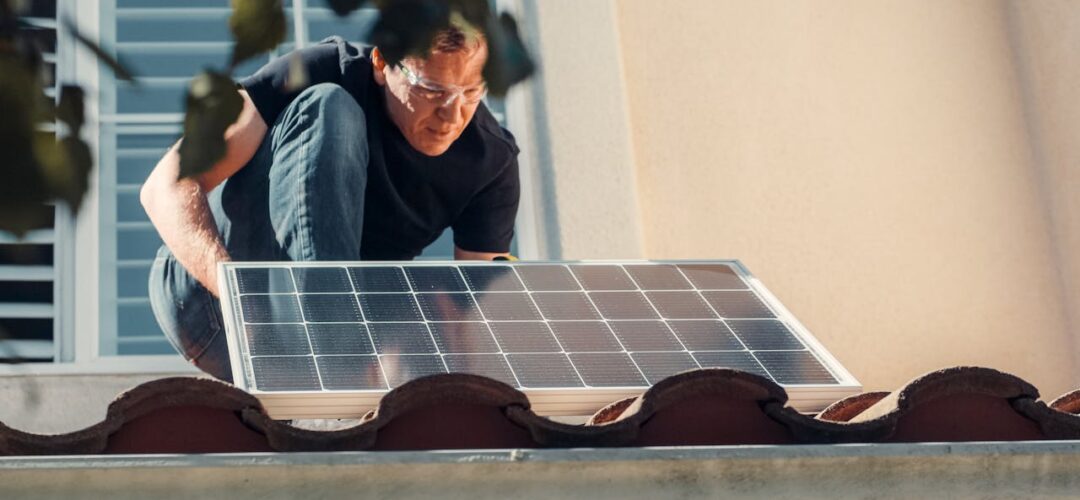As the demand for renewable energy solutions continues to rise, homeowners and businesses alike are exploring the feasibility of solar panel installations. Among the various types of solar panels available, thin-film solar panels have garnered attention for their potential cost savings. Let’s look into the affordability of thin-film solar panels and whether they offer a cost-effective alternative to traditional solar panels.
Understanding Thin-Film Solar Panels
Thin-film solar panels are characterized by their lightweight and flexible design, which sets them apart from traditional crystalline silicon solar panels. These panels utilize thin layers of photovoltaic material, such as amorphous silicon or cadmium telluride, deposited onto a substrate. Thin-film technology offers advantages in terms of versatility, aesthetics, and potentially lower production costs.
Cost Considerations:
When evaluating the cost of thin-film solar panels, consider both upfront installation expenses and long-term savings. While thin-film panels may have a lower manufacturing cost per watt compared to crystalline silicon panels, other factors contribute to the overall cost-effectiveness, including efficiency, durability, and installation requirements.
Efficiency and Performance
One drawback of thin-film solar panels is their lower efficiency compared to crystalline silicon panels. Thin-film panels have a lower energy conversion efficiency, meaning they generate less electricity per unit area. As a result, more thin-film panels may be required to achieve the same power output as fewer crystalline silicon panels, potentially impacting overall installation costs.
Durability and Longevity
Another consideration is the durability and longevity of thin-film solar panels. While thin-film technology offers advantages in terms of flexibility and resistance to shading, some types of thin-film panels may have a shorter lifespan compared to crystalline silicon panels. Factors such as degradation rates, weather resistance, and warranty coverage should be evaluated when assessing long-term cost-effectiveness.
Installation and Maintenance
Thin-film solar panels may offer cost savings in terms of installation and maintenance due to their lightweight and flexible design. Installation costs may be lower, especially for applications where weight restrictions or unconventional mounting surfaces are a concern. Thin-film panels may require less maintenance over time, resulting in potential savings in upkeep and repairs.
While thin-film solar panels may offer cost savings in certain scenarios, their overall affordability depends on various factors, including efficiency, durability, installation costs, and long-term performance. Before making a decision, assess your specific needs, budget, and preferences, and consult with a reputable solar installer to determine the most cost-effective solution for your renewable energy goals. While thin-film technology holds promise for certain applications, weigh the pros and cons carefully to make an informed investment decision.






